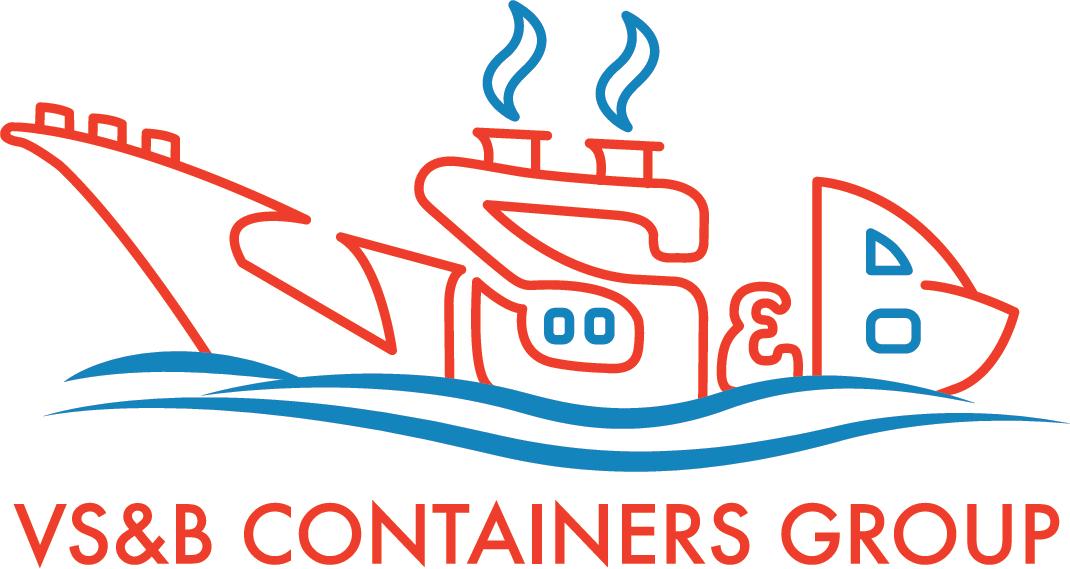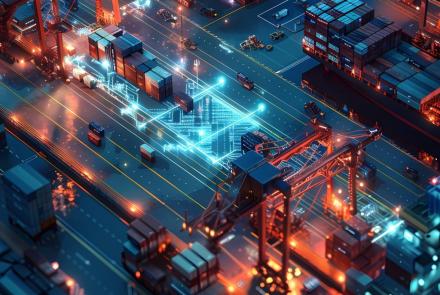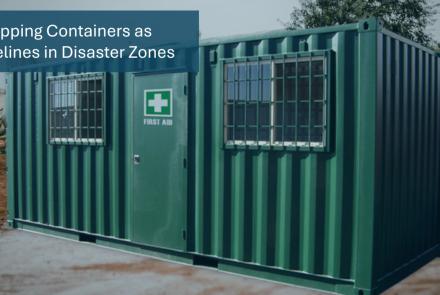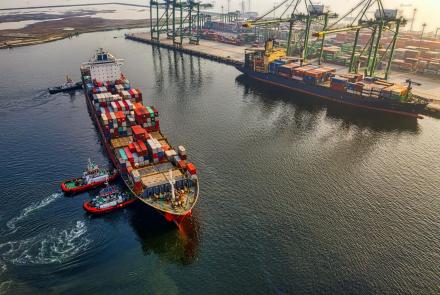The World's Most Strategic Ports and Why They Matter
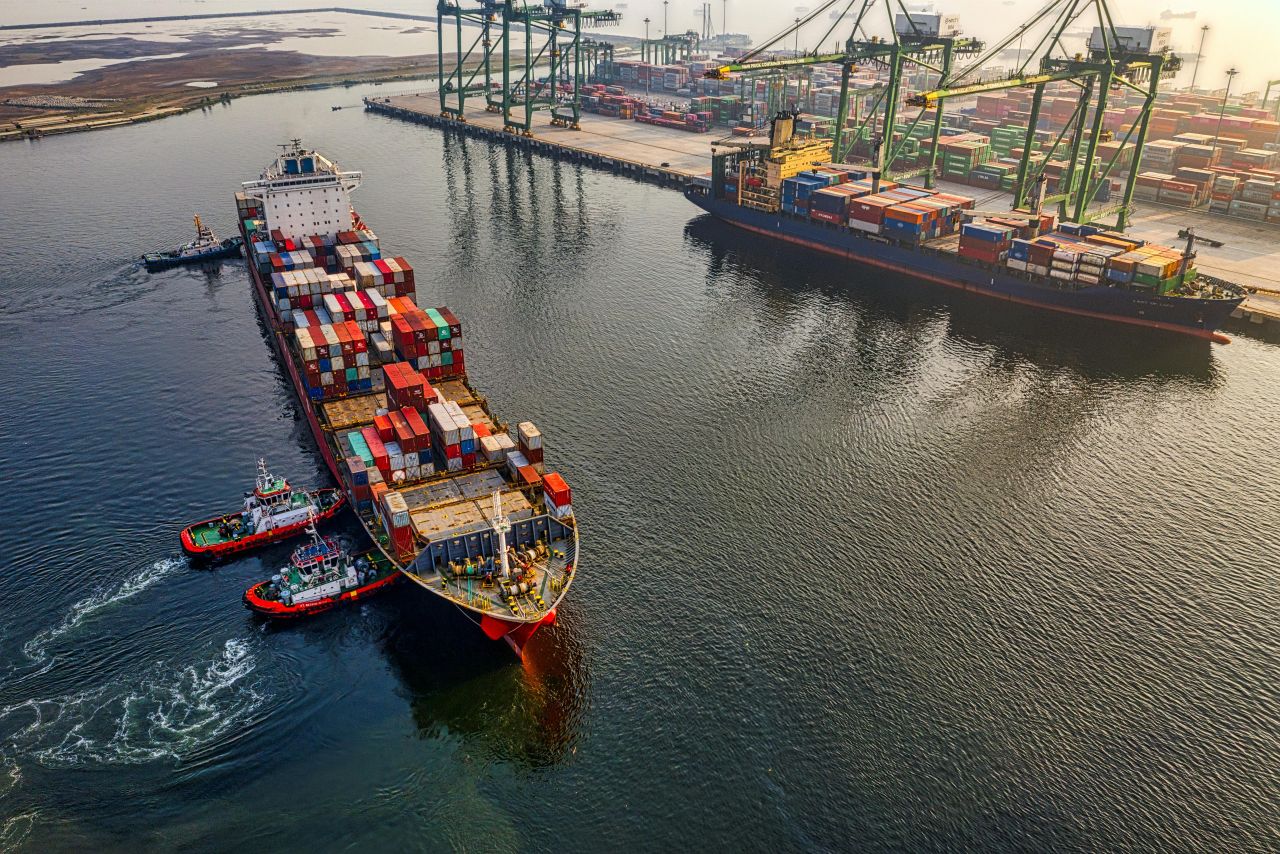
Ports are the lifeblood of global trade, acting as gateways through which goods, raw materials, and commodities flow seamlessly across continents. Among the thousands of ports worldwide, a select few stand out for their strategic importance, cutting-edge infrastructure, and immense impact on global commerce. These ports are not necessarily the largest by volume but are pivotal for their strategic importance to container shipping. Here, we explore some of the most strategic ports in the world and why they matter.
1. Port of Shanghai (China)
As the busiest port in the world, the Port of Shanghai is a cornerstone of global trade. Strategically located at the mouth of the Yangtze River, this port connects China’s vast industrial regions with international markets.
Why It Matters:
- Handles over 40 million TEUs annually, making it the world’s largest container port.
- Serves as a critical hub for manufacturing exports, particularly electronics, machinery, and textiles.
- Integrates advanced automation and logistics technologies to streamline operations and maintain efficiency.
2. Port of Singapore (Singapore)
The Port of Singapore is a pivotal maritime hub in Southeast Asia, serving as a transshipment port for goods traveling between the Indian and Pacific Oceans.
Why It Matters:
- Processes approximately one-fifth of the world’s shipping containers annually.
- Offers unparalleled connectivity to over 600 ports globally.
- Implements cutting-edge technology, including automated cranes and AI-driven logistics, to optimize operations and reduce turnaround times.
3. Port of Rotterdam (Netherlands)
Situated at the heart of Europe, the Port of Rotterdam is a key gateway to the continent’s economic powerhouses, including Germany and France.
Why It Matters:
- Europe’s largest port, handling over 14 million TEUs annually.
- Vital for importing energy resources, including crude oil and LNG.
- Focuses on sustainability through initiatives like shore power systems and green hydrogen production facilities.
4. Port of Los Angeles (United States)
Often referred to as America’s gateway to the Pacific, the Port of Los Angeles plays a crucial role in connecting the US to Asian markets.
Why It Matters:
- Handles nearly 20% of all US imports, including electronics, apparel, and auto parts.
- Works in tandem with the adjacent Port of Long Beach to manage massive cargo volumes efficiently.
- Embraces sustainable practices, such as electrified port equipment and reduced emissions initiatives.
5. Port of Dubai (Jebel Ali, UAE)
Jebel Ali is the largest man-made port in the world and a key hub for trade in the Middle East, Asia, and Africa.
Why It Matters:
- Serves as a transshipment hub for goods moving between East and West.
- Features state-of-the-art facilities capable of handling ultra-large container ships (ULCS).
- Supports Dubai’s position as a global logistics and trading center.
Why These Ports Are Strategic
Each of these ports holds a unique position in the global trade network due to its geographical location, advanced infrastructure, and capacity to handle immense cargo volumes. They enable:
-
Seamless Trade: By connecting global supply chains and reducing transit times.
-
Economic Growth: Ports act as economic engines, generating jobs and fostering trade.
-
Technological Advancements: Investment in automation and sustainability ensures long-term efficiency.
-
Global Connectivity: They link markets across continents, facilitating the movement of goods and services.
 Challenges These Ports Face
Challenges These Ports Face
Despite their importance, these strategic ports face several challenges, including:
-
Port Congestion: Increasing cargo volumes strain infrastructure and delay shipments.
-
Sustainability Pressures: Balancing environmental concerns with operational demands.
-
Geopolitical Risks: Trade tensions and regional instability can disrupt port activities.
The Future of Strategic Ports
As global trade continues to grow, these ports will remain critical to ensuring the smooth movement of goods. By embracing innovation, expanding capacity, and prioritizing sustainability, these maritime giants will solidify their roles as indispensable nodes in the global supply chain.
Strategic ports are more than just logistical hubs; they are vital arteries of the global economy, enabling trade, fostering connections, and driving progress.
VS&B Containers group offers both standard and custom-made containers, delivered directly from the factory to your desired location. With a fleet of over 30,000 containers made available across Europe and Asia, the company helps customers get containers effortlessly from anywhere in the world. If you have unique needs in terms of affordability, adaptability, and potential return on investment, please drop an email to traders@vsnb.com, and the VS&B team will contact you to discuss further.
- Log in to post comments
